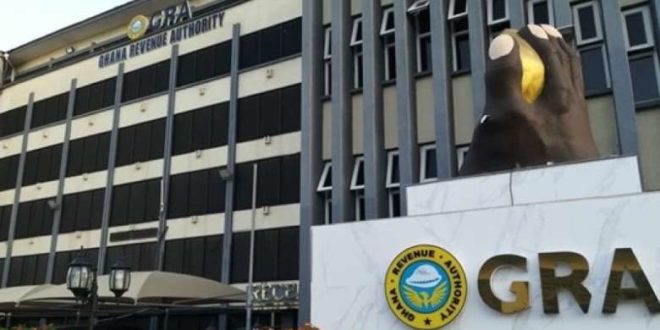The Ghana Revenue Authority (GRA) will on Friday, July 1, 2022, begin the full roll-out of the implementation of the Electronic Transaction Levy (E-Levy).
The levy introduced in 2021 was met with a lot of opposition by the Minority Members of Parliament with backing from the majority of Ghanaians.
After several controversies in Parliament, the government finally had its way to pave way for the Finance Ministry and the Ghana Revenue Authority to begin the first phase of implementation on May 1, 2022.
With the implementation passing the first two months, the GRA is now ready for the full roll-out of the levy starting July 1, 2022.
“This is to officially remind you that the full implementation of the Electronic Transfer Levy starts on the 1st July 2022.
“All Charging Entities, including your organization are expected to integrate to the Ghana Revenue Authority’s Electronic Levy Management and Assurance System (ELMAS) commonly referred to as the Common Platform on or before 28th June 2022 for GO LIVE on 1st July 2022,” a letter from GRA to all Charging entities reminding them of the full implementation of the E-levy reads.
All the charging entities including Electronic Money Issuers, Payment Service Providers, Banks, Specialised Deposit-Taking Institutions, and other Financial Institutions prescribed by Regulations made under the Act are to take not of the roll-out.
They are to ensure they integrate and the GO LIVE on July 1, 2022, or face sanctions under the Revenue Administration Act of 2016, Act 915.
Unfortunately for the government, the E-Levy is not raking in the expected revenue.
As disclosed by Gabby Otchere Darko, a leading member of the ruling New Patriotic Party (NPP), the E-Levy is only bringing in around 10% of the projected income.
Experts say if the trend continues, the government will reach less than 50% of its targeted revenue by the end of the year.
 Home Of Ghana News Ghana News, Entertainment And More
Home Of Ghana News Ghana News, Entertainment And More





